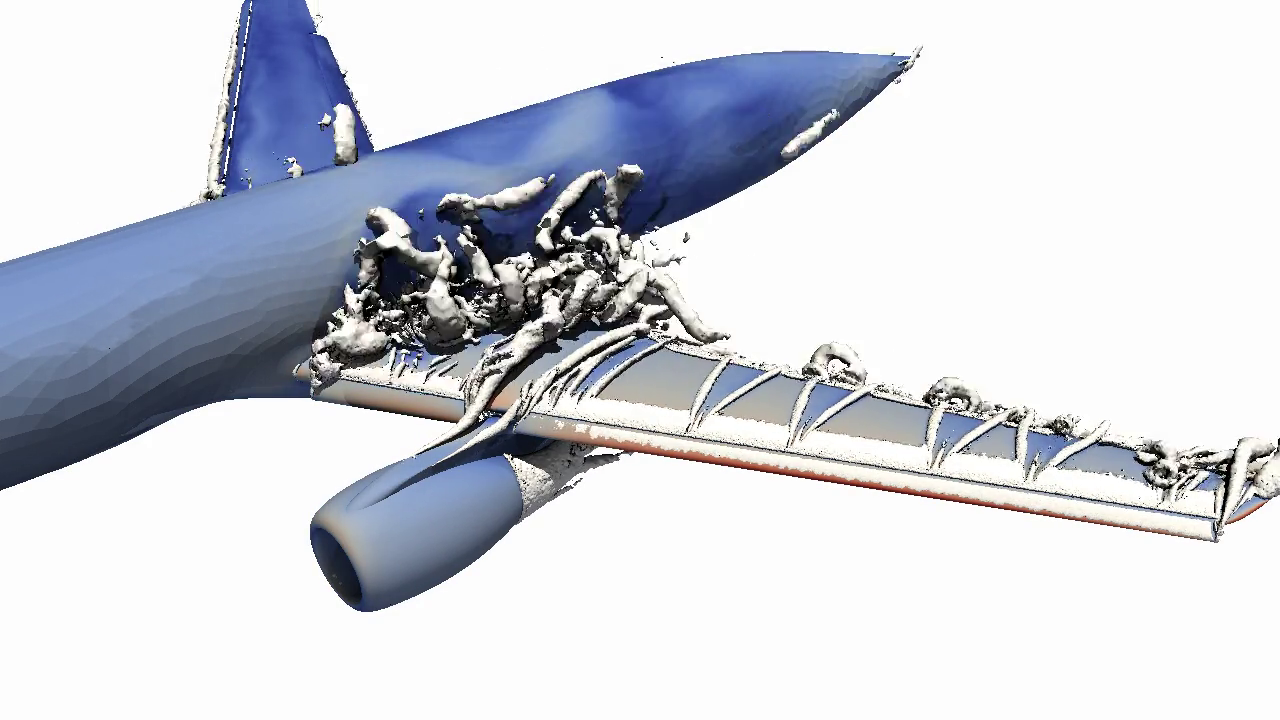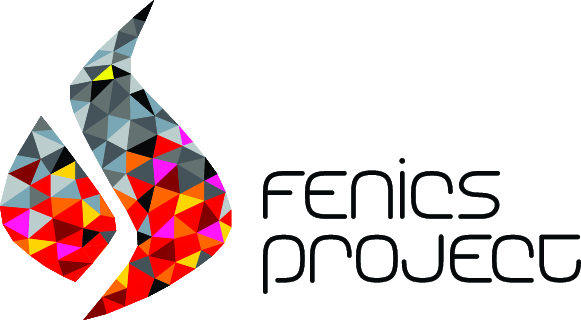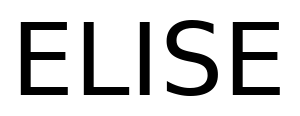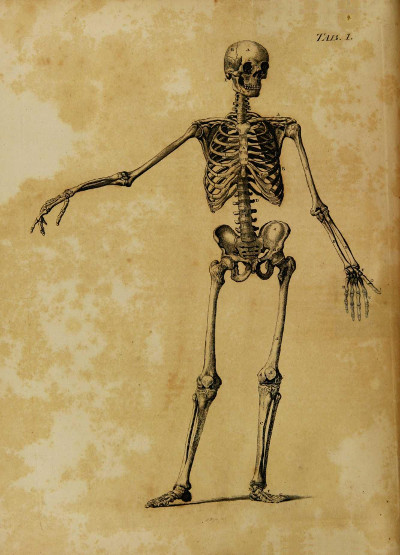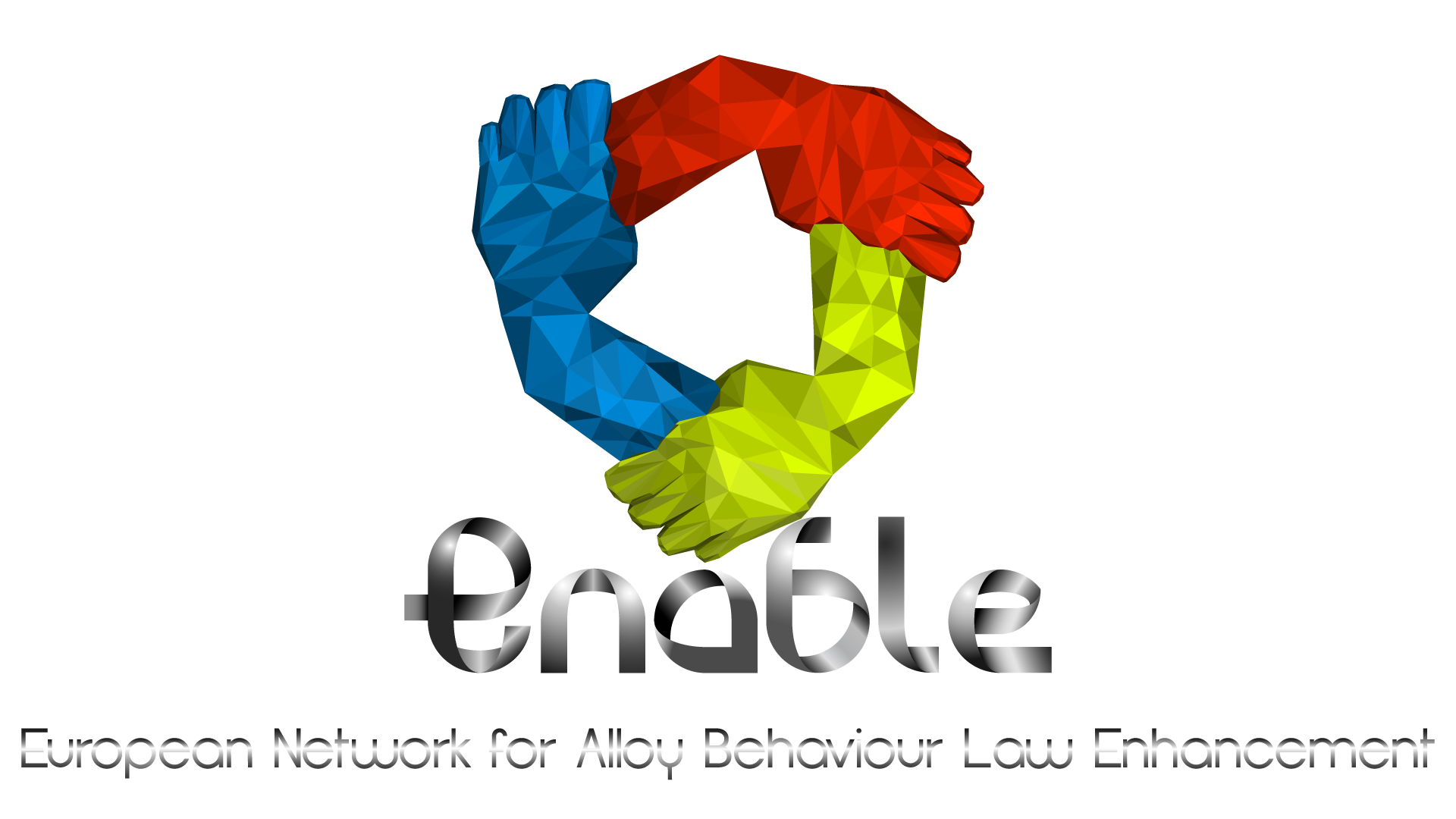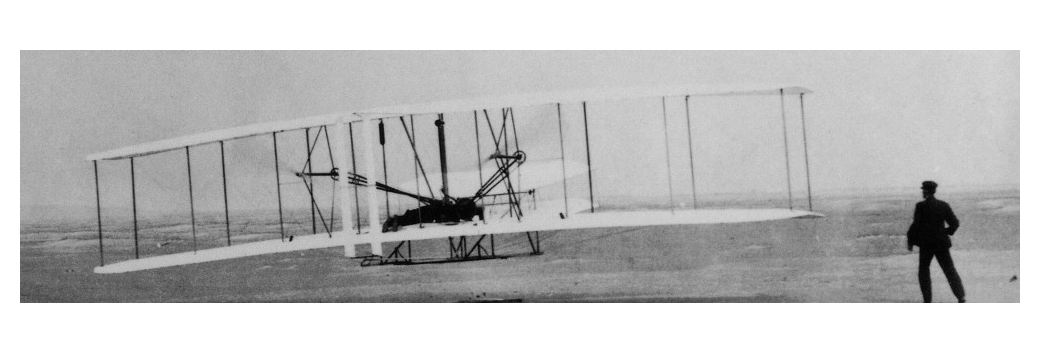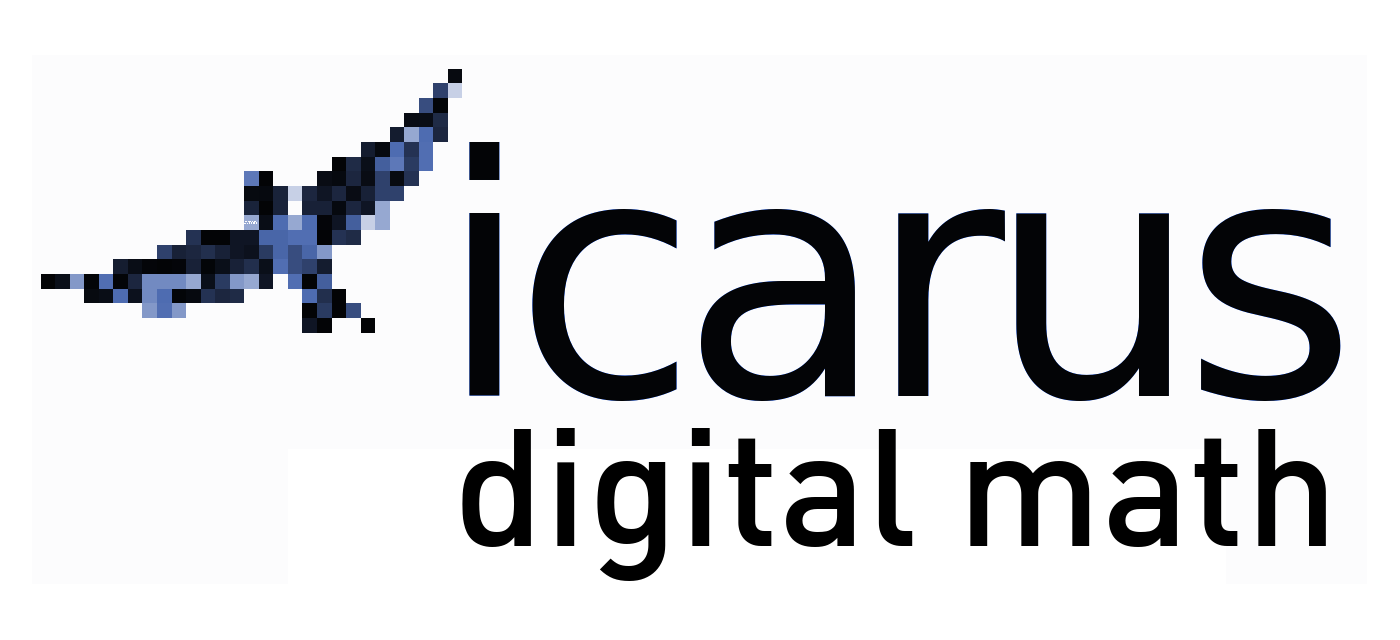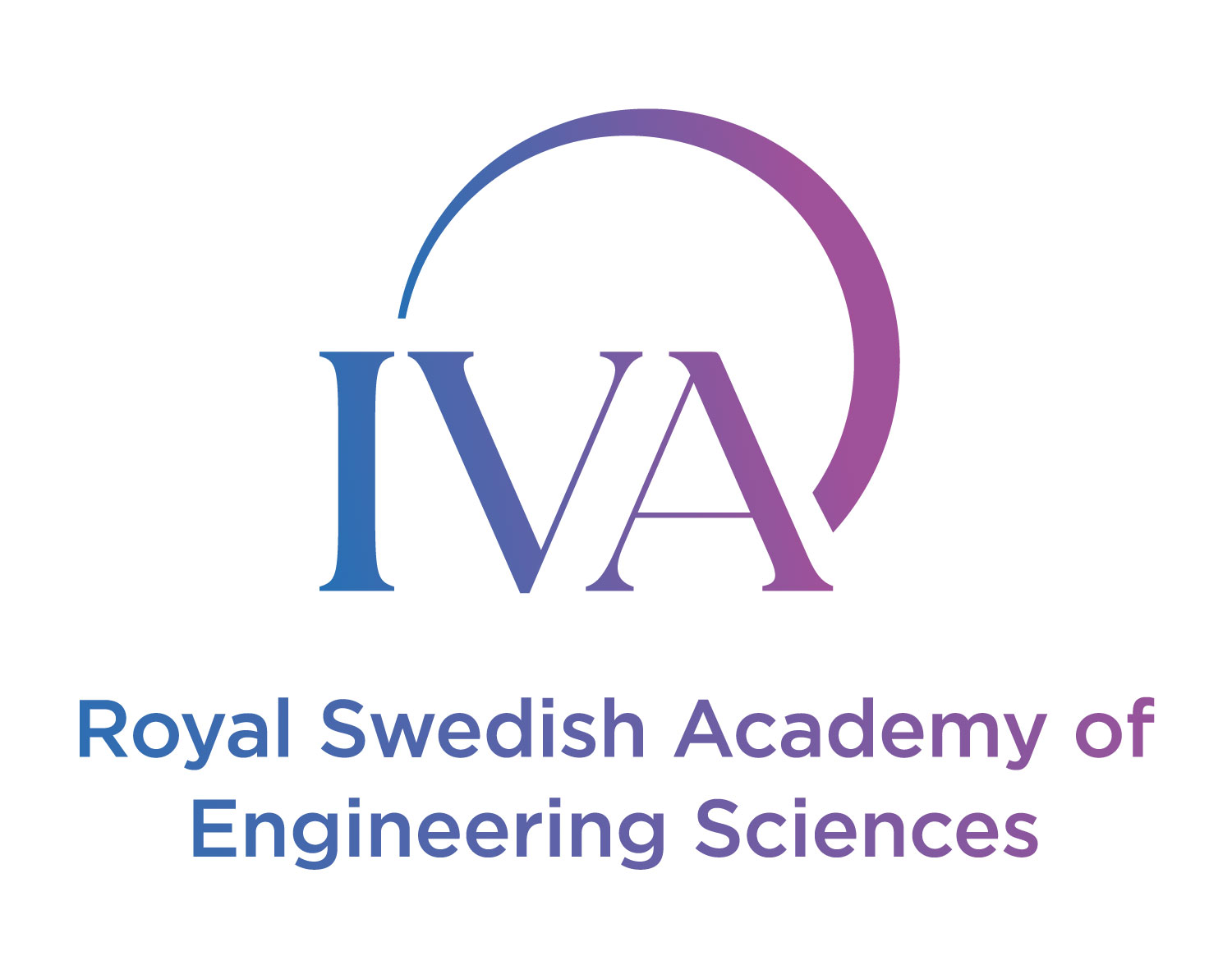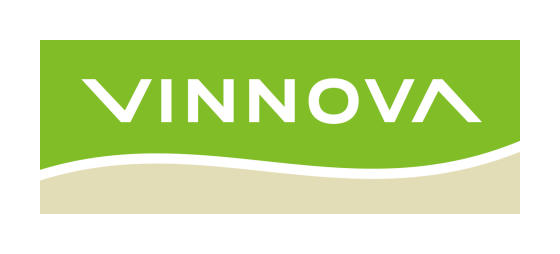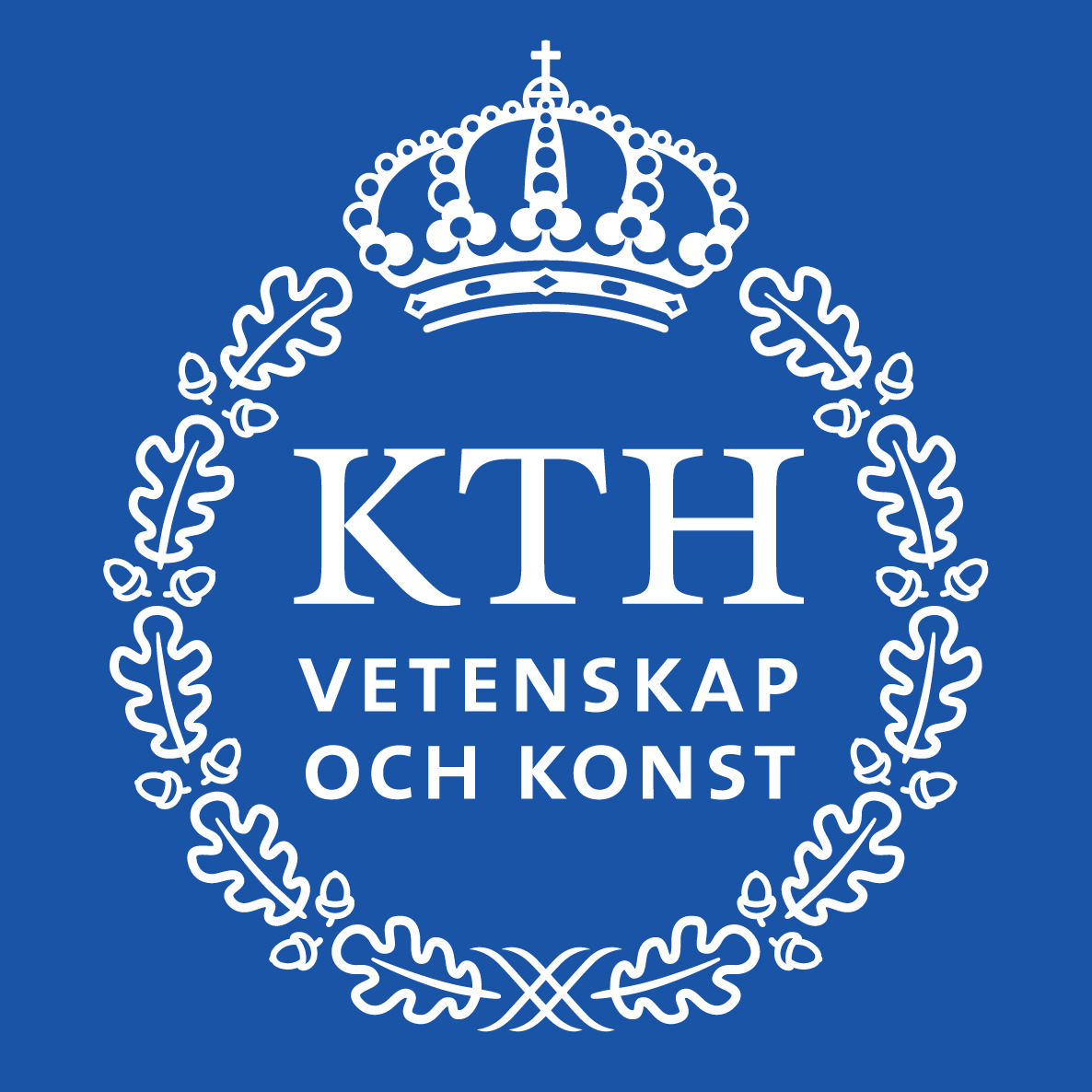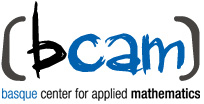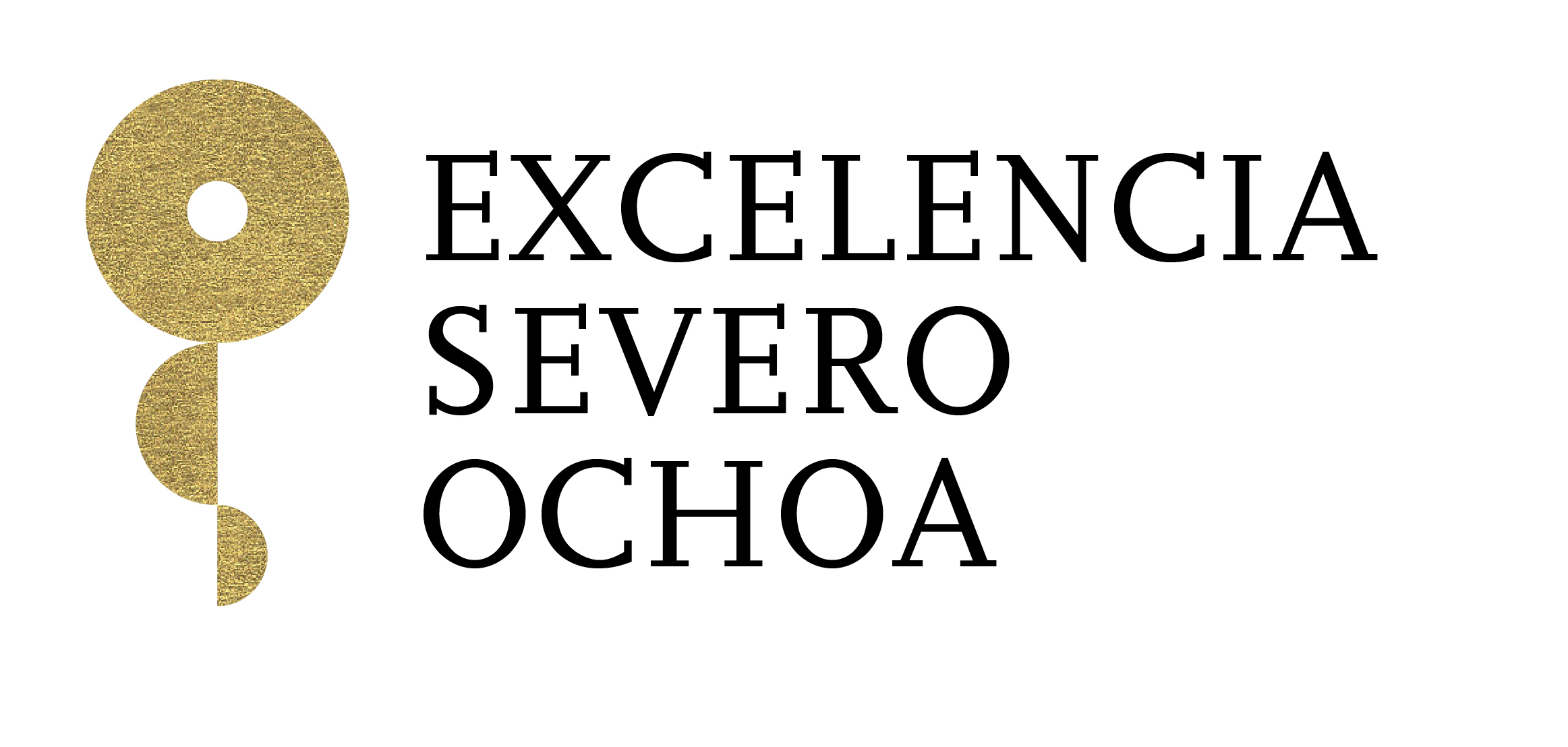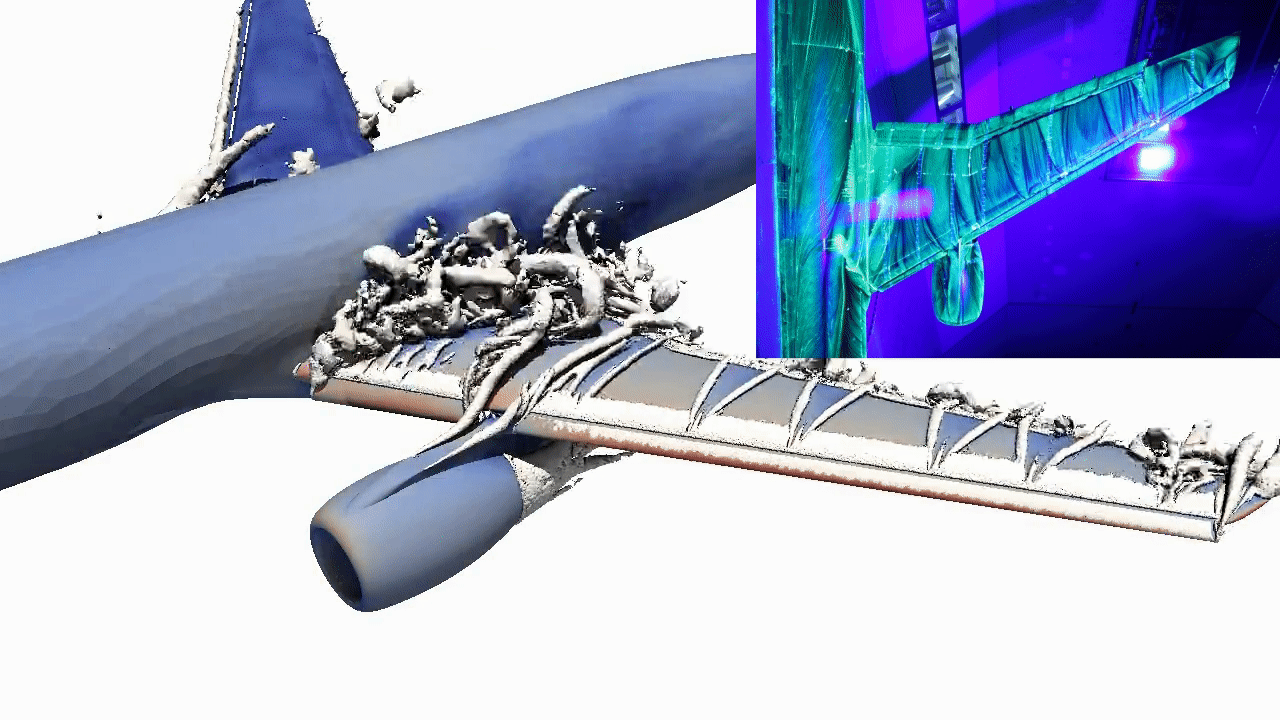DigiMat - online digital math education
from school to pro
Get started with DigiMat - Digital Math online education!
DigiMat Overview
DigiMat unifies math and programming in a unique way. Creativity, motivation and industrial impact are key elements. The program spans all levels, from pre-school to top academic and professional.The method is based on world-leading mathematics research at KTH and Chalmers, together with didactic research at Stockholm University. Computation is the leading principle and music and visual art is part of the pedagogical concept.
By learning a few basic algorithms anyone can understand and carry out advances programming and physics simulations. Get started!
Paradigm-shift in fluid mechanics enabling massive energy savings
Revolutionary aeroscience: Reliable simulation with Euler* More info - and run and modify the simulations yourself in your web browser!We organized panel debate on digitalization as solution for reproducibility crisis
https://digimat.tech/paneldebate-kth/Together with the EU Open Science Unit, Swedish Parliament, etc. Digital Math as a solution to the crisis. Try our interactive, reproducible, modifiable Modern Scientific paper yourself in your web browser!About Us
We present the Digital Math framework as the foundation for modern science based on constructive digital mathematical computation. The computed result (coefficient vector, FEM function, plot, etc.) is a mathematical theorem, and the mathematical Open Source code, here in the FEniCS framework, and computation is the mathematical proof. We can also derive additional constructive proofs from the FEniCS and FEM formulation, such as stability.
Based on the Digital Math framework and the FEniCS realization, we present our Direct FEM Simulation (DFS) methodology together with predictions of the most advanced benchmarks available, unlocking the grand challenge of turbulence and aerodynamics.
Digital Math represents digitalization of mathematics, society, industry and society in the form of automated and easily understandable computation of mathematical models in the Open Source FEniCS framework with world-leading performance and recognized at the highest level of science and industry together with an effective pedagogical concept with combined abstract theory and mathematical interactive programming in a cloud-HPC web-interface.
With our computational framework you can predict and understand the grand challenges of science and technology.
Disclaimer
This site is the Digital Math research environment. Johan Jansson is also leading the commercial Open Source spin-off Icarus Digital Math, supported by IVA, KTH Innovation, Vinnova, etc. Any commercial activities will be denoted by "Icarus".
